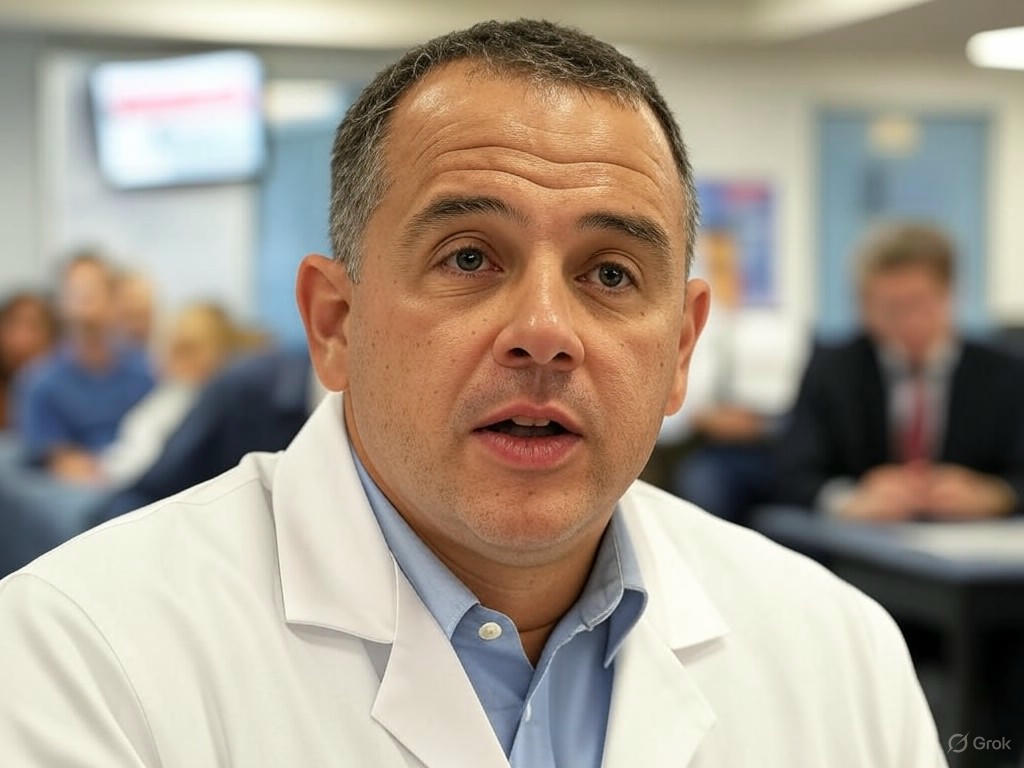Measles Alert: Rising Cases Spark Concern in Great Falls
A recent health alert in Great Falls has put the community on edge as officials confirm a potential measles exposure incident. This highly contagious disease, capable of spreading through the air with a single cough or sneeze, has seen a worrying resurgence across the United States. With over a thousand cases reported nationwide this year, the outbreak serves as a stark reminder of the importance of vaccination and public vigilance. The incident in Great Falls, while localized, underscores a broader national challenge that health experts are racing to address.
Measles is not just a childhood illness; it can lead to severe complications like pneumonia, brain swelling, and even death, especially in unvaccinated individuals. The virus is so infectious that it can linger in the air for hours, making crowded spaces potential hotspots for transmission. Health authorities in Great Falls are urging residents to check their vaccination status and report any symptoms such as fever, rash, or cough immediately. Local clinics are stepping up efforts to provide immunizations, while schools and public venues are being advised to monitor for signs of the disease. This incident has reignited discussions about vaccine hesitancy, a key factor driving the current spike in cases. Many who skip the measles, mumps, and rubella (MMR) vaccine cite personal or philosophical reasons, but experts warn that unvaccinated clusters create vulnerabilities in community immunity, allowing the virus to spread rapidly.
Public health campaigns are now in full swing to combat misinformation and encourage vaccination. Doctors emphasize that the MMR vaccine is safe, effective, and critical to preventing outbreaks. Beyond individual protection, getting vaccinated helps safeguard vulnerable populations, including infants too young to receive the shot and those with compromised immune systems. In Great Falls, community leaders are working alongside health officials to trace potential exposures and contain the situation before it escalates. They are also reminding parents that measles symptoms can take up to two weeks to appear after exposure, urging caution and proactive measures. Meanwhile, the national tally of cases continues to climb, painting a troubling picture of a preventable disease making an aggressive comeback. As we navigate this public health challenge, the message from experts remains clear: vaccination is the strongest defense. The Great Falls incident is a wake-up call for everyone to prioritize immunization and protect not just themselves, but their entire community. Let this serve as a rallying point to curb the spread of measles and ensure a healthier future for all.


